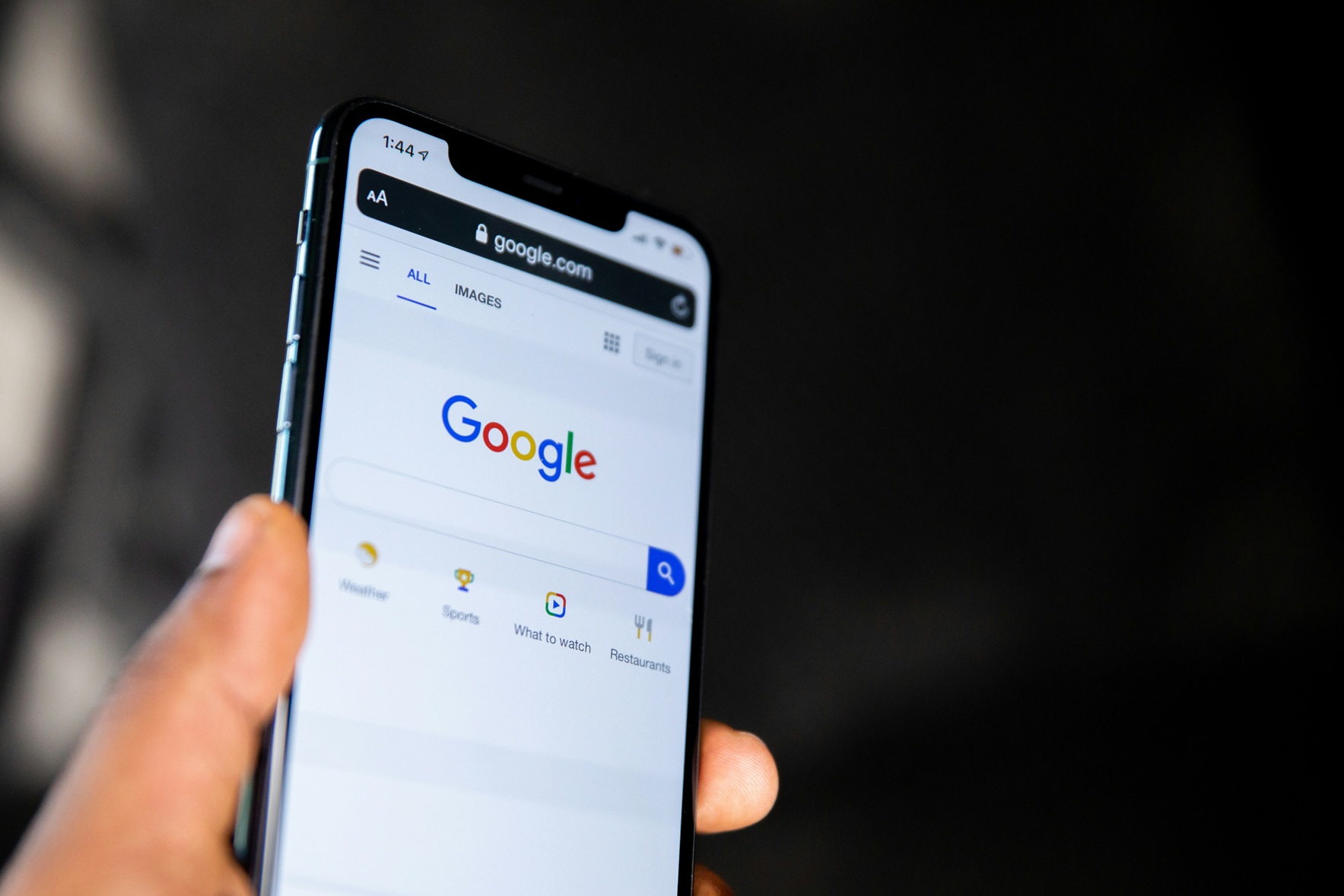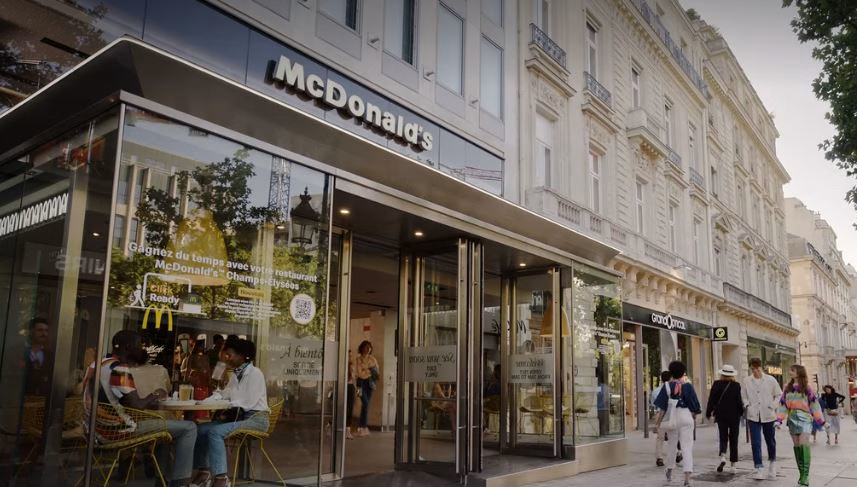WPP’s new CEO, Cindy Rose, has vowed to overhaul the British holding company after a tough third quarter saw revenue fall 8.4% year-on-year, worse than expected and deepening its crisis.
The group posted third-quarter revenue of £3.26 billion, down 8.4% year-on-year on a reported basis and 3.5% like-for-like (LFL). Revenue less pass-through costs or net revenue of the agency stood at £2.46 billion, down 11.1% reported and 5.9% LFL. For 2025 so far, revenue fell 8% to £9.92 billion, with revenue less pass-through costs dropping 10.5% to £7.49 billion.
Performance was weak across most major markets, prompting a downgrade to its full-year outlook. WPP said LFL revenue in 2025 would decline 5.5 to 6 per cent — worse than the 3 to 5 per cent range issued previously — with headline operating profit margin of about 13 per cent.
Share prices, already sliding from 823p at the start of the year to 360p, nosedived even further to around 296p — the lowest level since 1998.
Rose, who took over from Mark Read in September, described the performance as ‘unacceptable’ and said she has launched a full strategic review of the business, with results expected early next year. The process is expected to lead to job cuts as the company seeks to simplify its structure and restore growth.
Rose said an AI-first strategy would underpin this reinvention. Just days ago WPP announced its new Open Pro software that automates almost every stage of a campaign, which is aimed at small-to-medium-sized brands.
During the Q&A portion of the earnings call, Rose outlined a vision that positions WPP closer to a consultancy than a traditional holding company, one that helps clients navigate a complex, AI-driven marketing landscape. ‘Clients are facing a rapidly evolving technology environment,’ she said. ‘You can’t just drop AI into your organisation and expect magic to happen. You have to reimagine your processes, train your people, and embed new behaviours to realise the benefits of AI.
‘Large multinationals are going to need trusted partners to help them innovate with AI. The more fragmented and complex this environment becomes, the greater the opportunity for WPP to act as that trusted partner.
‘We’re pushing into enterprise solutions because we think we have an expanded opportunity there to help our clients implement and manage large-scale, end-to-end AI marketing transformation programmes.’
Rose also voiced support during the call for WPP Media, which saw a 5.7% like-for-like decline in Q3. WPP attributed the drop to client losses in the US and UK, but Rose gave her full backing to WPP Media CEO Brian Lesser.
‘Turning WPP Media around is absolutely critical for us,’ she said. ‘I’d be the first to say that GroupM in the past probably lost its way. But I feel very confident that Brian’s vision — of an open, privacy-first, data and AI-powered ecosystem — is where the market is moving.’
‘Now that we’re putting that plan into action, I am supporting Brian in every way possible in terms of implementation.’
Rose, a former Microsoft UK CEO, made clear that cultural and structural change will be central to the turnaround, not just for WPP Media but for the group as a whole.
‘To improve our execution, I personally think we need to be a little less “hold co” and a little more “co”,’ she said, adding that while WPP had made progress in becoming more integrated in recent years, it had ‘missed the opportunity to go as far and as fast as we could have and should have’.


























